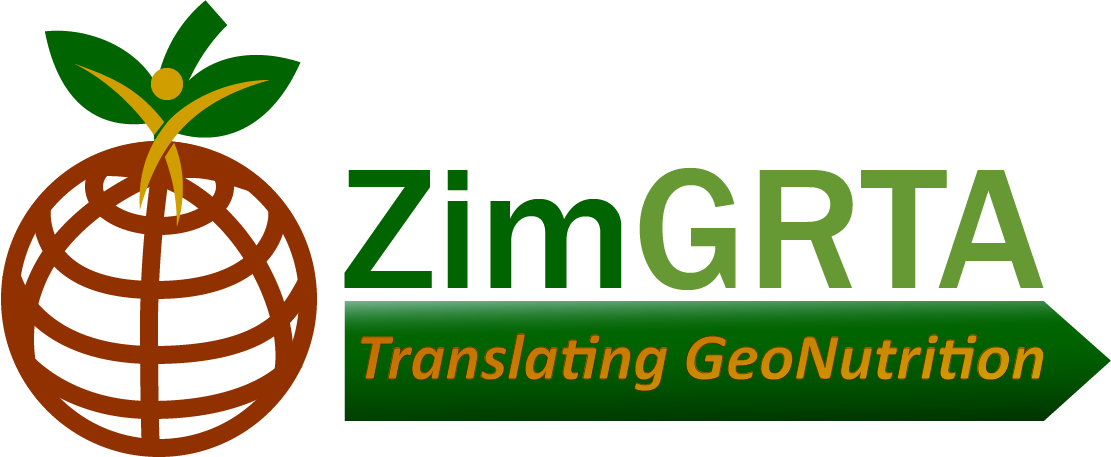News
Abstract
Mineral micronutrient deficiencies (MMNDs) remain a global challenge affecting the growth, development, health, and livelihoods of more than 2 billion people. MMNDs are especially prevalent in Low Income Countries of sub Saharan Africa (SSA) and South Asia. Women and children are at particular risk of MMNDs due to unequal access to nutrient-rich foods within the home. Constraints to reducing MMNDs, especially in SSA, include: (1) baseline data on the distribution of MMNDs, especially within a country; (2) national research capacity to get the information needed to provide a sound evidence base, and potential solutions, for policy makers, private sector investors, and other interested parties (citizens, donors, public health professionals).
We have built up substantial knowledge on how to approach this challenge based on ongoing research, and lessons learned, from an existing portfolio of Global Challenge Research Fund (GCRF, and other ODA and institutional) funding, which seeks to, (1) reduce the impact of MMNDs by understanding local nutrition from the soil through to the person via complex food systems pathways (a 'GeoNutrition' approach), and (2) strengthen research capacity in SSA.
The work will be undertaken with partners in Zimbabwe, where >50% of the population are affected by MMNDs. The Government of Zimbabwe (GoZ) plans to embed a full MMND survey in a wider health survey in 2020/21. There is therefore a window of opportunity for impact by: (1) informing the design of this GoZ survey, specifically by translating GCRF-funded 'GeoNutrition' research findings from Malawi, and (2) promoting new policy and commercialisation pathways through research capacity strengthening. This project has the highest-level support from the GoZ, including from the Ministry of Health and Child Care, and the Ministry of Higher Education. The project has been co-designed with the University of Zimbabwe (UZ).
Translating GeoNutrition Aims:
1. To co-design a national surveillance programme to establish baseline MMNDs in Zimbabwe
2. To improve institutional and individual research capacity in Zimbabwe, including to test policy interventions for alleviating MMNDs and to promote private sector engagement
We have built up substantial knowledge on how to approach this challenge based on ongoing research, and lessons learned, from an existing portfolio of Global Challenge Research Fund (GCRF, and other ODA and institutional) funding, which seeks to, (1) reduce the impact of MMNDs by understanding local nutrition from the soil through to the person via complex food systems pathways (a 'GeoNutrition' approach), and (2) strengthen research capacity in SSA.
The work will be undertaken with partners in Zimbabwe, where >50% of the population are affected by MMNDs. The Government of Zimbabwe (GoZ) plans to embed a full MMND survey in a wider health survey in 2020/21. There is therefore a window of opportunity for impact by: (1) informing the design of this GoZ survey, specifically by translating GCRF-funded 'GeoNutrition' research findings from Malawi, and (2) promoting new policy and commercialisation pathways through research capacity strengthening. This project has the highest-level support from the GoZ, including from the Ministry of Health and Child Care, and the Ministry of Higher Education. The project has been co-designed with the University of Zimbabwe (UZ).
Translating GeoNutrition Aims:
1. To co-design a national surveillance programme to establish baseline MMNDs in Zimbabwe
2. To improve institutional and individual research capacity in Zimbabwe, including to test policy interventions for alleviating MMNDs and to promote private sector engagement
Top of the World: Two Rothamsted experts listed in global elite.
28 Nov 2018
Steve McGrath talking about tackling hidden hunger, Rothamsted Future Farming video series.
GeoNutrition: how soil management could reveal new ways to tackle ‘hidden hunger’ in sub-Saharan Africa
20 December 2017
By: Dr Edward Joy, Research Fellow in Nutrition and Sustainability, LSHTM
